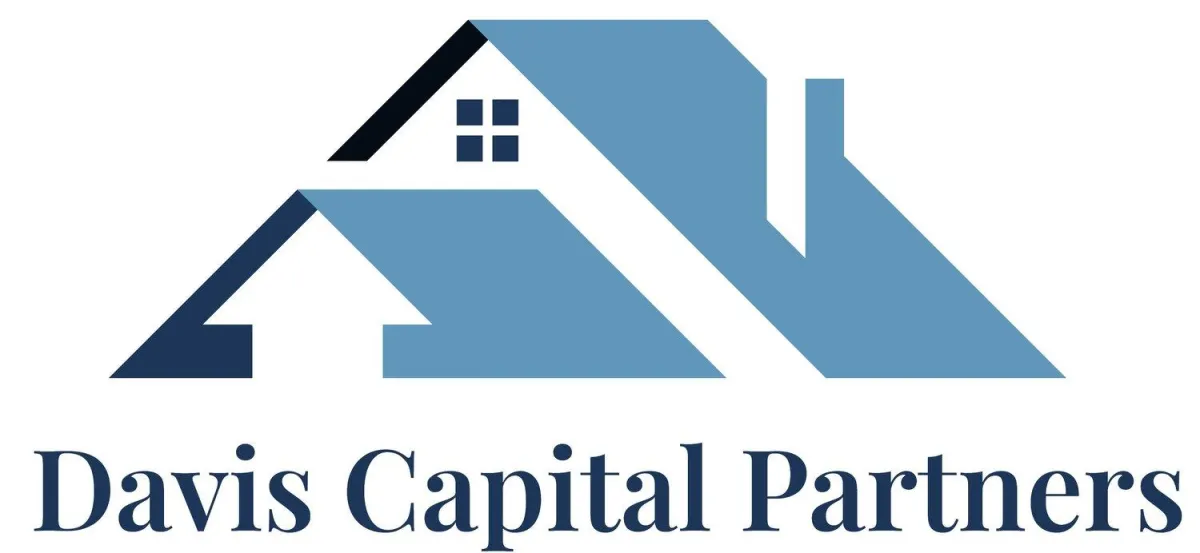Blog

The Due Diligence Process in Real Estate Syndications: A Step-by-Step Guide
When participating in real estate syndications, conducting thorough due diligence is essential to make informed investment decisions and mitigate potential risks. Due diligence is the process of gathering and analyzing information about a syndication opportunity, evaluating its viability, and assessing potential risks and returns. In this blog, we will provide you with a step-by-step guide to the due diligence process in real estate syndications.
To effectively navigate the due diligence process in real estate syndications, follow these essential steps:
Review the Offering Documents: Begin by carefully reviewing the syndication's offering documents, including the private placement memorandum (PPM), operating agreement, and subscription agreement. These documents provide crucial information about the investment structure, the roles and responsibilities of all parties involved, potential risks, and projected returns. Pay close attention to the terms and conditions, fee structures, and any potential conflicts of interest.
Assess the Syndicator's Track Record: Evaluate the track record and experience of the syndicator or sponsor managing the syndication. Review their past performance in executing similar projects, their ability to navigate market cycles, and their track record of delivering favorable returns to investors. Investigate their reputation, credibility, and level of expertise in the real estate industry.
Conduct Property Analysis: Perform a thorough analysis of the underlying property or properties within the syndication. This includes evaluating the property's location, market demand, potential rental income, occupancy rates, and any relevant market trends or forecasts. Engage professionals, such as property inspectors and appraisers, to assess the physical condition, potential risks, and any necessary repairs or renovations.
Evaluate the Financials: Scrutinize the financials provided by the syndicator, including historical and projected cash flows, income statements, balance sheets, and rent rolls. Assess the reasonableness of the financial projections and compare them to industry benchmarks and market conditions. Review the assumptions made in the financial models and consider potential risks that may impact on the projected returns.
Assess Market Conditions: Evaluate the market conditions and trends in the geographic area where the property is located. Consider factors such as supply and demand dynamics, vacancy rates, rental growth, and economic indicators. Analyze the potential impact of market fluctuations on the property's performance and the syndication's overall viability.
Conduct Legal and Regulatory Review: Engage legal professionals to review all legal documents and contracts associated with the syndication. Ensure that the syndication complies with all applicable laws, regulations, and zoning requirements. Assess any potential legal or regulatory risks, such as environmental concerns, title issues, or pending litigation.
Engage Professionals: Consult with professionals who can provide specialized expertise in areas such as legal matters, tax implications, property inspections, appraisals, and market research. Their insights and assessments can provide valuable information and help uncover any hidden risks or potential pitfalls.
Conduct Site Visits and Interviews: Visit the property site, walk through the premises, and assess the surrounding neighborhood. Engage in conversations with property managers, tenants, and local stakeholders to gather additional insights and verify the information provided by the syndicator. This hands-on approach allows you to evaluate the property's physical condition, management practices, and tenant satisfaction.
Perform Risk Analysis and Mitigation: Identify potential risks associated with the syndication and develop strategies to mitigate them. Assess risks such as market volatility, tenant turnover, potential changes in regulations, and financing risks. Work closely with the syndicator to understand their risk management strategies and evaluate the effectiveness of their risk mitigation measures.
Conclusion
Mastering the due diligence process is crucial for high-net-worth investors participating in real estate syndications. By following a step-by-step approach that includes reviewing offering documents, assessing the syndicator's track record, conducting property and financial analysis, evaluating market conditions, reviewing legal and regulatory aspects, engaging professionals, conducting site visits and interviews, and performing risk analysis and mitigation, investors can make well-informed investment decisions and mitigate potential risks.
Thorough due diligence allows investors to gain a comprehensive understanding of the syndication opportunity, identify potential red flags, and evaluate the investment's potential for success. Remember, due diligence is an ongoing process, and continuous monitoring of the investment is necessary to adapt to changing market conditions and safeguard your investment.

No Offer of Securities—Disclosure of Interests. Under no circumstances should any material at this site be used or considered as an offer to sell or a solicitation of any offer to buy an interest in any investment. Any such offer or solicitation will be made only by means of the Confidential Private Offering Memorandum relating to the particular investment. Access to information about the investments is limited to investors who either qualify as accredited investors within the meaning of the Securities Act of 1933, as amended, or those investors who generally are sophisticated in financial matters, such that they are capable of evaluating the merits and risks of prospective investments.
© 2025 Davis Capital Partners. All Rights Reserved.

